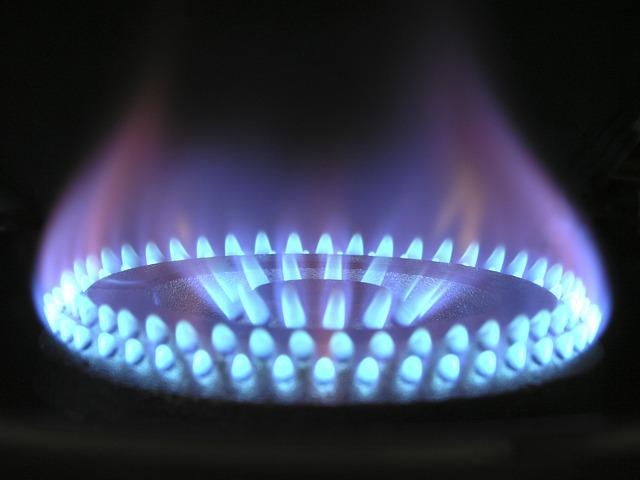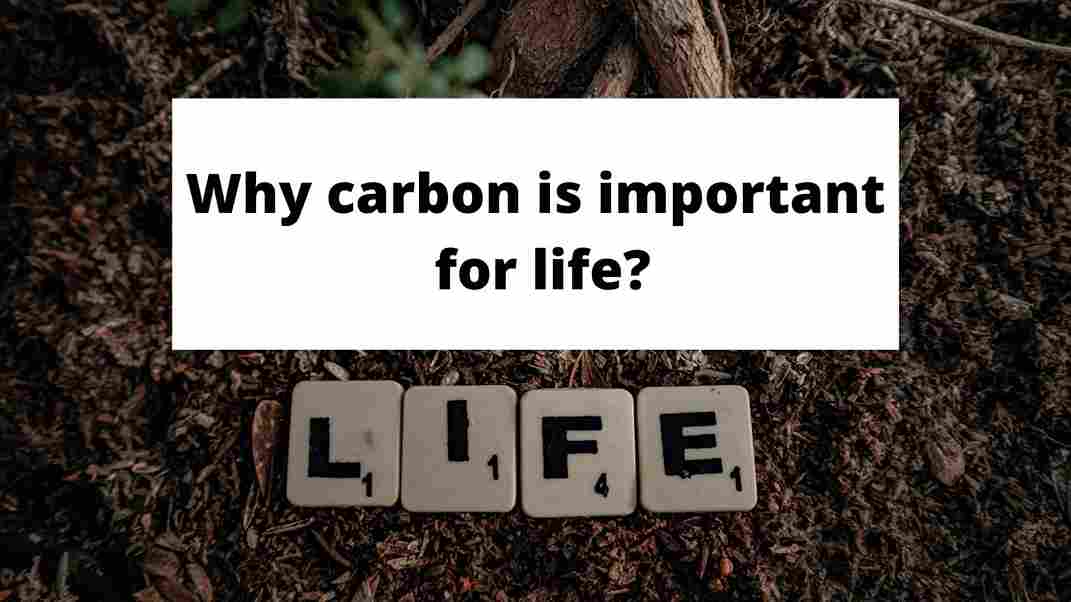What is the Nitrogen Cycle?-Stages Of The Nitrogen Cycle
The nitrogen cycle is the process that helps to convert nitrogen into several different forms. This happens when nitrogen passes from the atmosphere, into the soil and then to different organisms. The process of decay and putrefaction are also involved in the nitrogen cycle.
Prokaryotes play an important role in the nitrogen cycle. Soil bacteria that can change nitrogen gas into ammonia are important for plant growth. Other bacteria convert ammonia to nitrites or nitrates, which plants use to create protein and other nutrients.
Stages Of The Nitrogen Cycle
Three principal stages of this cycle are:
1. Ammonification
The breakdown of a nitrogenous compound like protein, and amino acids into ammonia with the help of micro-organisms like fungi and bacteria is called ammonification Soil contains many organic materials. These are present in the form of complex organic compounds like protein, amino acids, nucleic acid, and nucleotides.
Most of the nitrogen formed in the soil by the decomposition of these organic compounds Soil dwelling (a) organisms like bacteria and fungi decompose logos compounds into simple compounds These micro-organisms use the proteins and amino acids and release excess ammonia (NH, or ammonium ions (NH) This process is known as ammonification.
2. Nitrification
Several bacteria in soil oxidize ammonia or ammonium ions into nitrates This oxidation is known as nitrification.
3. Assimilation
The absorption and utilization of ammonia or nitrates by the plant are called assimilation.
The plants can utilize ammonium directly. But most of the nitrogen moves from the soil into the roots in the form of nitrates. Nitrates are reduced back to ammonium in the plants. This assimilation process requires energy. But energy is not used during other assimilations The ammonium ions are finally transferred to carbon-containing compounds. These compounds produce amino acids and other nitrogenous organic compounds.
Reasons For Nitrogen Depletion
The nitrogen cycle appears complete and self-sustaining, But Nitrates are lost from the soil. There are the following reasons for nitrogen depletion
1. Soil erosion, fire, and water percolation down through the soil.
2. The activities of certain soil bacteria also reduce nitrates. These bacteria break down nitrates in the absence of oxygen. They release the nitrogen back into the atmosphere and use the oxygen for their respiration. This process is known as denitrification. This process takes place in poorly drained (poorly aerated) soils. Remedies of nitrogen depletion Despite these losses, the amount of nitrogen is maintained in the cycle.
Nitrogen Depletion And Its Remedies
There are the following remedies for nitrogen depletion
1. The activities of the nitrogen-fixing bacteria maintain the cycle These bacteria incorporate gaseous nitrogen from the air into organic nitrogen-containing compounds. The entire organism depends on nitrogen fixation for their nitrogen.
2. The addition of nitrogen fertilizers increases the soil nitrogen resources,

 written by
written by 




Leave a Reply